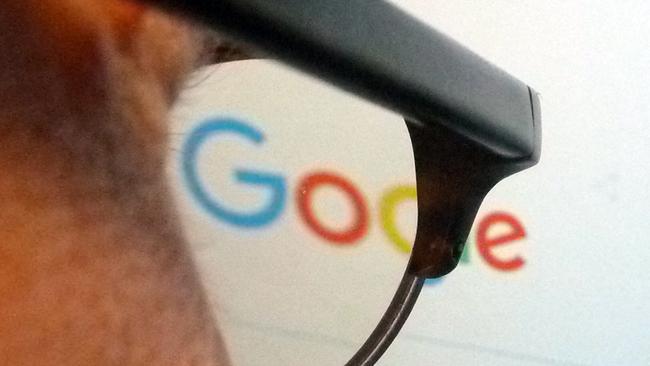ACCC to widen digital platforms probe
Should Australians be given more choice when it comes to the default web browsers and internet search services on their devices?

The competition and consumer watchdog is widening its digital platforms probe, investigating whether Australians should be given more choice when it comes to the default web browsers and internet search services on their devices.
ACCC chair Rod Sims said a new issues paper, released Thursday, would examine whether tech giant Google should be forced to introduce a ‘choice screen’, which would give users more options around what search and browsing applications they use.
He said that Google’s so-called news experiments, in which the tech giant hid news in Australia for a percentage of its users this year, was a strong example of why Google’s dominance across search and web is a growing problem.
“If you had a number of competitive search engines, you may not have even needed the media bargaining code,” he told The Australian. ”The fact that you don‘t have that, that one company is effectively close to a monopoly, raises problems, and we hear all sorts of concerns people have with Google not addressing various issues.”
The US Department of Justice and several states are currently suing Google, alleging its exclusive deal with Apple to distribute its search engine on browsers and phones breach monopoly rules. Mr Sims didn’t rule out similar court action in Australia, declaring ’everything is on the table’.

“Google is paying an enormous amount of money to Apple to be the default search engine on iPhones. Google says it‘s the best search engine, but if you’re the best search engine then why do you need to pay around $10 billion a year to be the default search engine? It’s a hell of a lot of money,” Mr Sims said.
The watchdog’s digital platforms inquiry found the Google Chrome browser is pre-installed on nearly all Android devices and that Google Search is the default option on Google Chrome and Apple’s Safari mobile browsers, making it the default search on over 95 per cent of mobile devices.
“We know that, in general, setting a default option substantially increases the likelihood that consumers and businesses will stick with that option. This can have the effect of reducing competition and consumer choice in the supply of these services,” Mr Sims said.
“We would like to hear from consumers and businesses about the impact of the pre-installation of services and default settings on devices on their use of these services. We’re also interested in how the design of user interfaces on devices, such as widgets, search bars, and the steps required for a consumer to change a default search service, can affect how consumers use these services.
“We’re also interested in competition in the supply of web browsers in Australia and the linkages between search services, web browsers, operating systems and devices. The relationships between suppliers, through vertical integration or contractual arrangements, may impact the supply of search services and browsers to Australians.”
Peter Lewis, director of the Australia Institute’s Centre for Responsible Technology, said pre-loading search is one of the ways the dominant tech platforms entrench their market power.
“Offering users more choice would obviously go some way to addressing this dominance, although the bigger issue is the lack of viable choices currently available,” he said.
“Alongside any review of default settings should be an active discussion on providing real alternatives to the dominant platforms, including supporting different tech business models including public digital infrastructure.”
Submissions are due by April 15.
Google was contacted for comment.



To join the conversation, please log in. Don't have an account? Register
Join the conversation, you are commenting as Logout